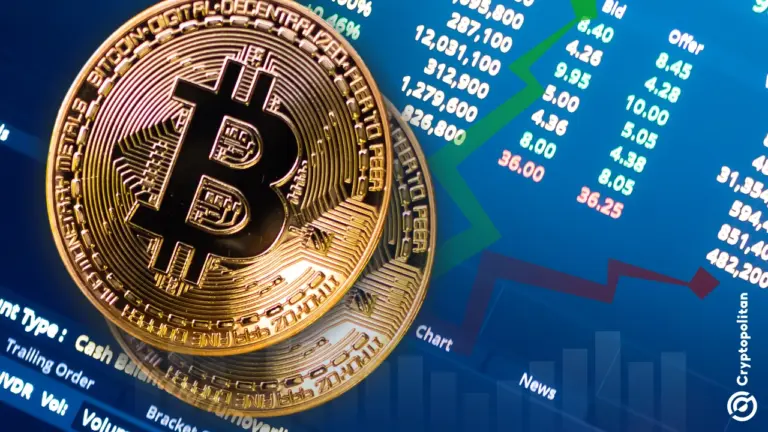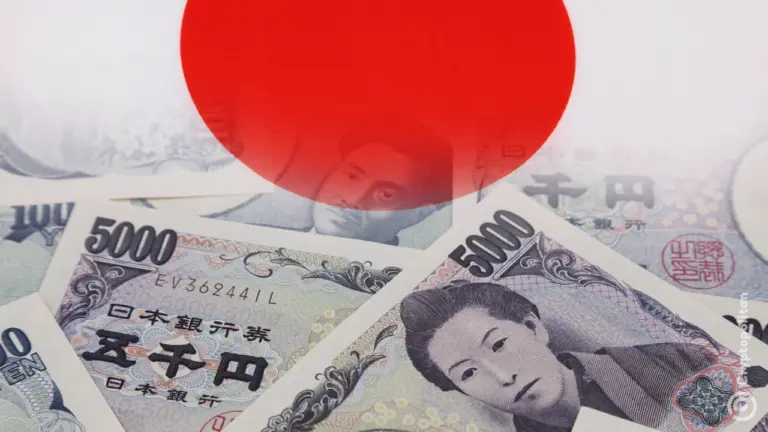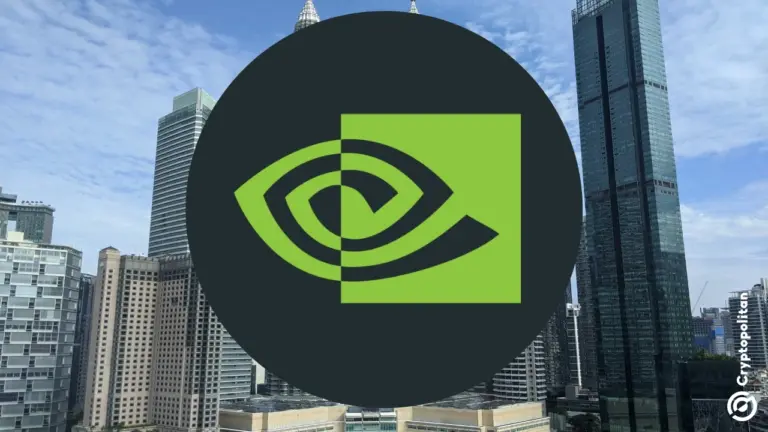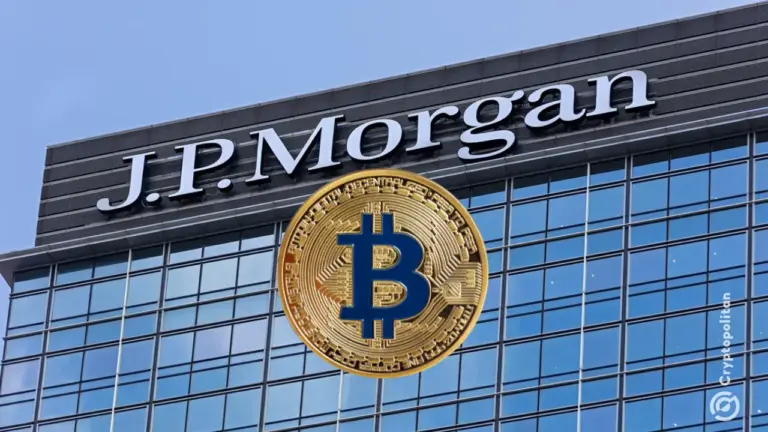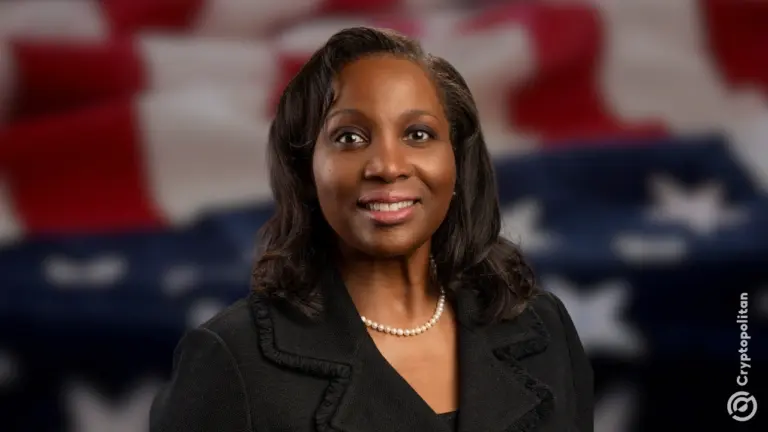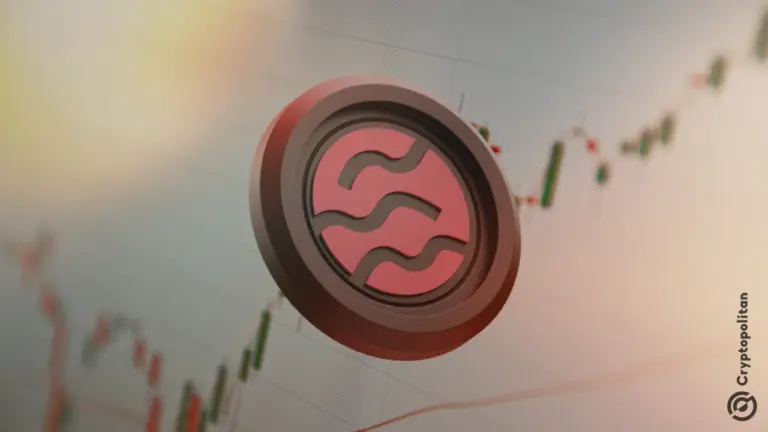Bitcoin Asia highlights push for digital asset treasury and regulatory leadership
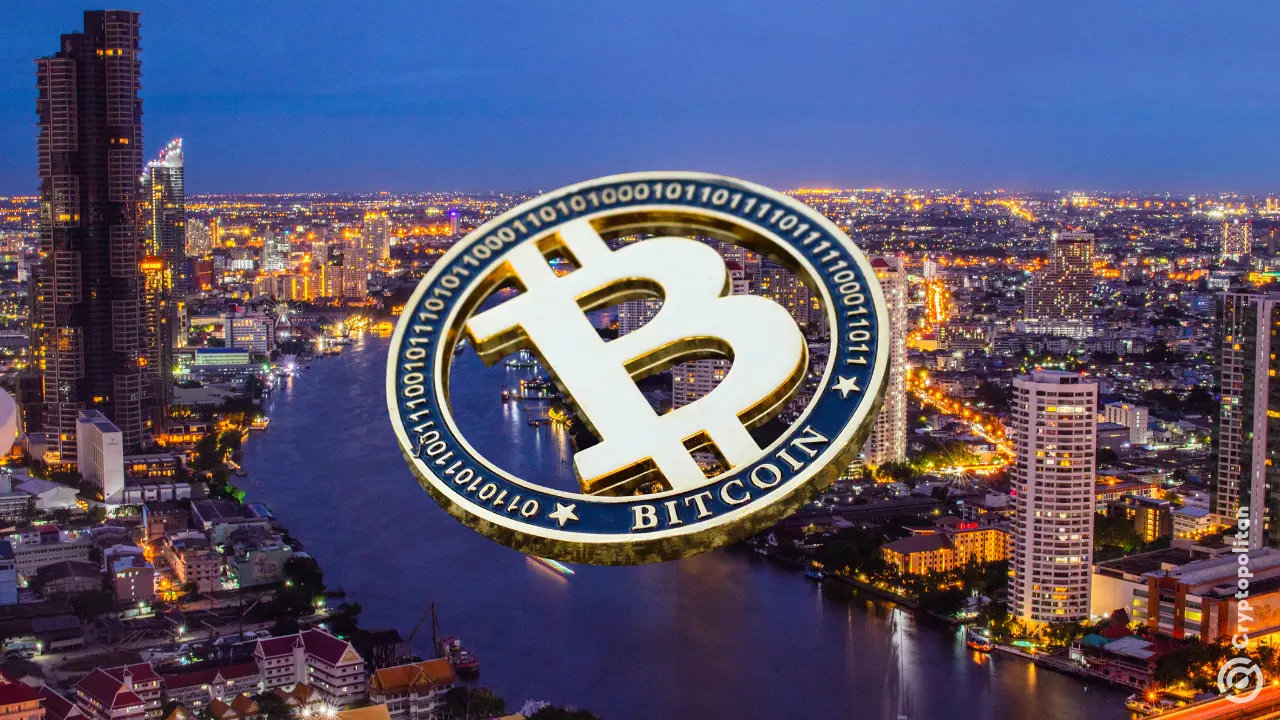
The second annual Bitcoin Asia 2025 conference opened on Aug. 28 in Hong Kong, drawing global leaders in the cryptocurrency sector. The city has simultaneously pursued strict regulations on digital assets to protect investors and manage financial risks.
The two-day gathering drew more than 17,000 ticket registrations, nearly triple last year’s total, underscoring the rapid growth of Asia’s crypto community. Organizers expect around 15,000 attendees, making it the world’s second-largest Bitcoin-focused event.
The event’s most high-profile speaker was Eric Trump, son of U.S. President Donald Trump. His participation drew attention but also led to last-minute withdrawals. Eric Yip Chee-hang, executive director of the Securities and Futures Commission (SFC), and Johnny Ng Kit-ch, a pro-Beijing lawmaker, pulled out of a panel following reported advice to avoid association with Trump amid ongoing political sensitivities.
Despite these withdrawals, Bitcoin Asia remains a forum where regulators, entrepreneurs, and crypto firms engage in debate over the balance between innovation and oversight.
Speakers highlight treasury innovation and stronger regulation
One of the central themes of Bitcoin Asia 2025 is how digital asset treasuries can evolve beyond token-holding into a more mature financial ecosystem.
Abel Seow, head of APAC and managing director of BitGo, said companies should treat their treasuries as active tools for growth rather than just repositories for digital assets. He argued that businesses could use these resources to foster innovation and develop sustainable markets. Seow added that while many firms still focus on accumulating tokens, the next phase will involve building ecosystems that attract institutional investors and bolster confidence in the sector.
Clarence Shen, a fintech policy manager at the SFC, said Hong Kong aims to be a global leader in setting digital asset rules. He explained that the city has been actively participating in multilateral and bilateral talks with other regulators and should play an active role in shaping international standards.
Other speakers echoed the view that regulation is becoming central to the crypto industry’s future. With the United States and Europe already establishing new frameworks, many see Asia — particularly Hong Kong — as the next arena in the global effort to align digital asset regulations.
Hong Kong pursues stablecoin regulation as part of its crypto ambitions
The Bitcoin Asia 2025 conference followed one of Hong Kong’s most notable recent policy moves. On May 21, 2025, the city introduced a stablecoin law requiring issuers of Hong Kong dollar-backed stablecoins to obtain a license from the HKMA. The law sets strict standards for reserves, redemption rights, and risk controls.
The legislation reflects Hong Kong’s strategy to protect investors while strengthening trust in its financial system. However, it has also tempered early enthusiasm, as firms face higher compliance costs and restrictions on issuing or promoting stablecoins without licenses.
In February 2025, the SFC also proposed rules covering crypto derivatives and margin trading for professional investors. To date, Hong Kong has granted nine digital asset trading licenses, with eight additional applications pending.
These steps are part of the city’s effort to balance attracting international crypto investment with containing potential systemic risks to its financial system.

